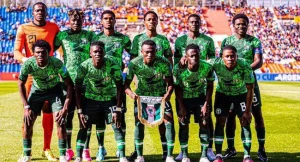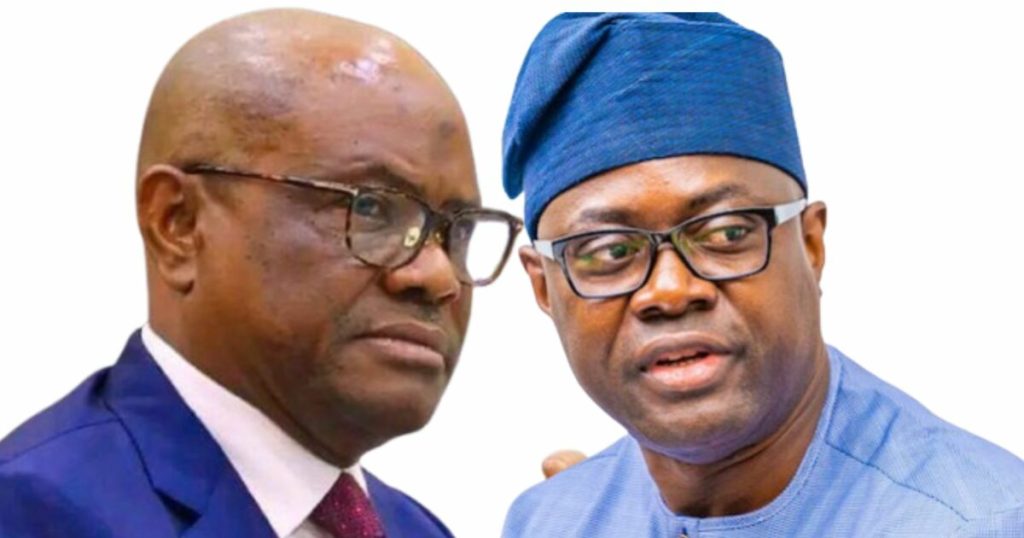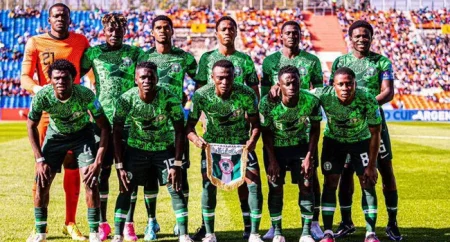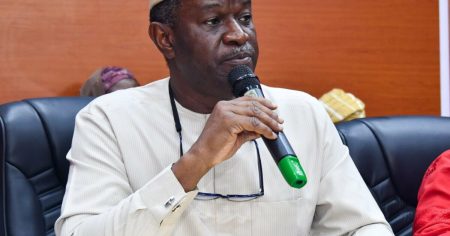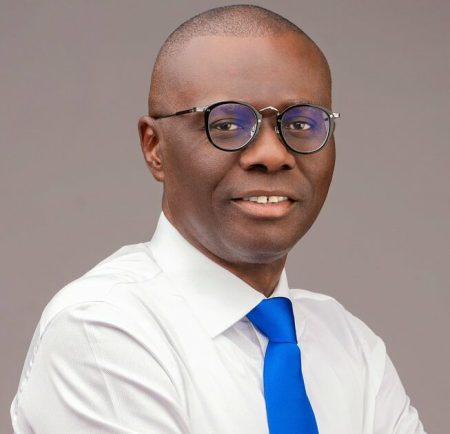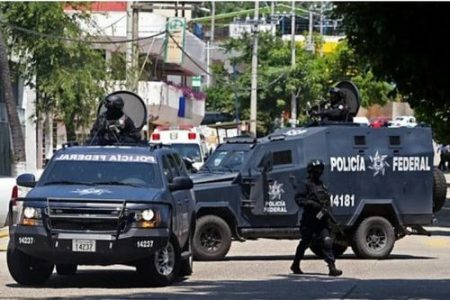The Peoples Democratic Party (PDP) finds itself embroiled in a deepening internal crisis, primarily centered around the position of National Secretary and the scheduling of the 100th National Executive Committee (NEC) meeting. Rival factions within the party are preparing to hold separate NEC and National Caucus meetings, signifying a major power struggle. The heart of the conflict lies in the reinstatement of Senator Samuel Anyanwu as National Secretary by Acting National Chairman Umar Damagum, a move supported by certain governors and party figures, including former Rivers State Governor Nyesom Wike. However, this decision has been met with strong opposition from another faction aligned with Governor Seyi Makinde of Oyo State, which insists on holding the NEC meeting as originally scheduled and rejects Anyanwu’s return. This internal strife threatens to further destabilize the party, which has struggled since its 2015 election defeat.
The controversy surrounding the National Secretary position stems from the appointment of Setonji Koshoedo as acting National Secretary in an attempt to stabilize the party. However, a fact-finding committee subsequently determined that the Independent National Electoral Commission (INEC) still recognized Anyanwu as the legitimate office holder. Damagum’s subsequent reinstatement of Anyanwu and postponement of the NEC meeting ignited the current conflict. The Makinde faction argues that the decision to reinstate Anyanwu and postpone the NEC meeting contravenes party constitution and due process. They emphasize the importance of adhering to the original NEC meeting schedule and resolving the issue through the proper channels. Conversely, the Wike faction backs Damagum’s actions, advocating for an expanded National Caucus meeting to address the issue and find a way forward.
The opposing camps are deeply divided, with prominent governors and party leaders aligning themselves with either the Makinde or Wike factions. The Makinde camp, which includes several governors and a majority of the NWC members, insists on holding the NEC meeting as planned and views Anyanwu’s reinstatement as unconstitutional. This faction emphasizes the supremacy of the NEC as the highest decision-making body within the party and stresses the need to adhere to established procedures. The Wike camp, comprising other governors and key party figures, supports Anyanwu’s return and favors an expanded National Caucus meeting, arguing it offers a broader platform for discussion and resolution. This faction prioritizes finding a solution that unites the party and avoids further escalation of the conflict.
Adding to the complexity of the situation, INEC had previously rejected a notification from the PDP regarding the 100th NEC meeting, citing procedural irregularities. This intervention by INEC has further fueled the internal power struggle within the PDP and raised questions about the party’s adherence to its own constitution and electoral regulations. The conflicting statements from Damagum and the party’s National Publicity Secretary regarding INEC’s role have only served to highlight the disunity within the party leadership. The Makinde group has publicly declared its intention to proceed with the NEC meeting despite opposition from the Wike faction and the acting Chairman’s announcement. They maintain that the NEC meeting is the legitimate forum to address the party’s internal issues and that any attempt to replace it with an expanded National Caucus meeting is unconstitutional.
Former party leaders and stakeholders have expressed varying opinions on the matter, further illustrating the deep divide within the PDP. While some support holding the NEC meeting as scheduled, others endorse the expanded National Caucus meeting proposed by Damagum. This divergence of views highlights the challenges facing the party as it attempts to navigate its internal crisis and present a united front. Many emphasize the urgent need for dialogue and compromise to prevent further fragmentation and damage to the party’s image. The internal strife has also drawn criticism from the ruling All Progressives Congress (APC), which has seized upon the PDP’s disarray to portray it as a weakened and unreliable alternative.
The PDP stands at a critical juncture. The outcome of this power struggle will significantly impact the party’s future and its ability to effectively challenge the ruling APC. The ability of the opposing factions to find common ground and resolve their differences will determine whether the PDP can move forward as a united and viable political force. Failure to do so risks further weakening the party and jeopardizing its prospects in future elections. The rival NEC and National Caucus meetings scheduled for the same day underscore the urgency of the situation and the need for immediate action to prevent irreparable damage to the party.


